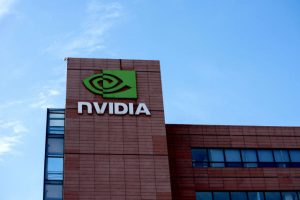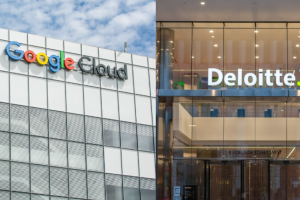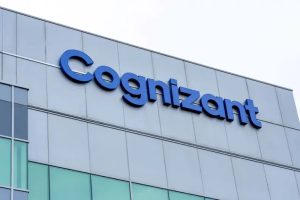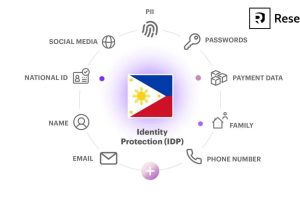In November 2022, OpenAI’s announcement of ChatGPT, along with a substantial $10 billion investment from Microsoft, reverberated across the tech landscape, igniting excitement about the potential of generative AI.
Fast forward to 2023, and it’s evident that this year has become a crucial juncture for businesses, especially IT leaders, to grapple with the disruptive force of generative AI. Simultaneously, discussions about the best path forward for AI have intensified, and the regulatory landscape has cast a growing shadow over its future, all in the wake of these game-changing developments.
However, when it comes to risks and regulations associated with generative AI, most enterprise Chief Information Officers (CIOs) aren’t slowing down. In fact, many are accelerating toward deployment, with plans to integrate a wealth of generative AI applications within the next two years, if not sooner. A recent survey conducted by Gartner of around 2,500 CIOs underscores this trend. Nine percent of respondents reported that they’ve already implemented generative AI applications, and a staggering 55% are preparing to deploy large language models (LLMs) in production by the end of 2025. According to Gartner AI analyst Arun Chandrasekaran, numerous pilot programs are underway, with content creation, document summarization, sentiment analysis, and enterprise search ranking among the initial use cases.
Another survey by Foundry, with nearly 1,000 IT decision-makers participating, reinforces this momentum. Of the 92% of IT executives expressing interest in generative AI, 57% are actively identifying use cases, 45% have initiated pilot programs, 41% are training employees on generative AI, and 40% are crafting policies and guidelines. Remarkably, four out of five IT executives plan to leverage generative AI to enhance developers’ productivity, with over 40% of these leaders aiming to do so within the next year.
Innovative CIOs from well-established companies such as CarMax, Goldman Sachs, Coca-Cola, L’Oréal, Georgia-Pacific, Nasdaq, and Vodafone are publicly disclosing their involvement in pilot phases—some even deploying production workloads—with LLMs. OpenAI’s announcement in late August about the launch of ChatGPT Enterprise, based on GPT-4, included mentions of its adoption by notable companies like Estée Lauder Cos., PwC, Zapier, Block, Canva, and Carlyle. As the first anniversary of ChatGPT’s release approaches, the business world is in a transitional phase, establishing the groundwork for new capabilities and platforms infused with generative AI. CIOs are taking center stage in this transformation, with early concerns gradually fading into the background.






















